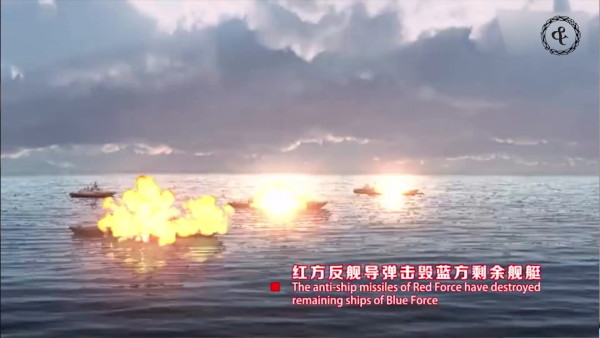

The Marines need to slim down in order to fight big wars against China and Russia, according to Marine Corps Commandant Gen. David Berger.
Currently, the Marine Corps is built to fight another Desert Storm, Berger told reporters during a roundtable on Wednesday.
“We are big and we are heavy,” Berger said. “We have to go on a diet.”
Toward that end, the Marine Corps is working on a 10-year plan to make sure it has Marines in the right military occupational specialties in order to respond quickly should war with Russia or China break out, Berger said.
While China and Russia have fearsome armored and other mechanized units, the Marine Corps does not expect to fight massive tank battles against either country, he said.
“We will absolutely fight combined arms, but will not take them on in a symmetrical fashion,” Berger said. “That would be stupid. That would be dumb.”
Instead, the Marine Corps is looking at how to best disperse its forces to launch several sea-based attacks against an enemy from the same time, he said.
In a fight against China or Russia, the Marine Corps would return to its maritime roots instead of being another land force to compliment the Army, Berger explained.
“We are a fleet Marine force that can go ashore instead of a land force that can go on a ship,” he said.
Despite modern radars, missiles, fighter jets, and other coastal defenses that could detect and destroy any Marine Corps amphibious operations far from shore, Berger said the Marines are “absolutely comfortable operating in a weapons engagement zone” – just not in massive formations of thousands of Marines.
During Wednesday’s discussion, Berger made clear that he views China as “the long-term existential threat” because they have a plan to displace the United States and they are investing a lot of money in weapons systems to do just that.
While the Chinese may lag behind the U.S. military in command-and-control and some other capabilities, they have plenty of long-range missiles and other weapons that would ensure that any war against them would “not be a lopsided affair anymore,” he said.
“That’s the hardest fight,” Berger said. “They are the most advanced.”
If the United States faced a war with China or Russia, the Marine Corps’ role would be to react quickly enough to essentially freeze the conflict to give leaders on both sides time to reach an accommodation before using nuclear weapons, he said.
“It’s convincing the other side: Not today,” Berger said.